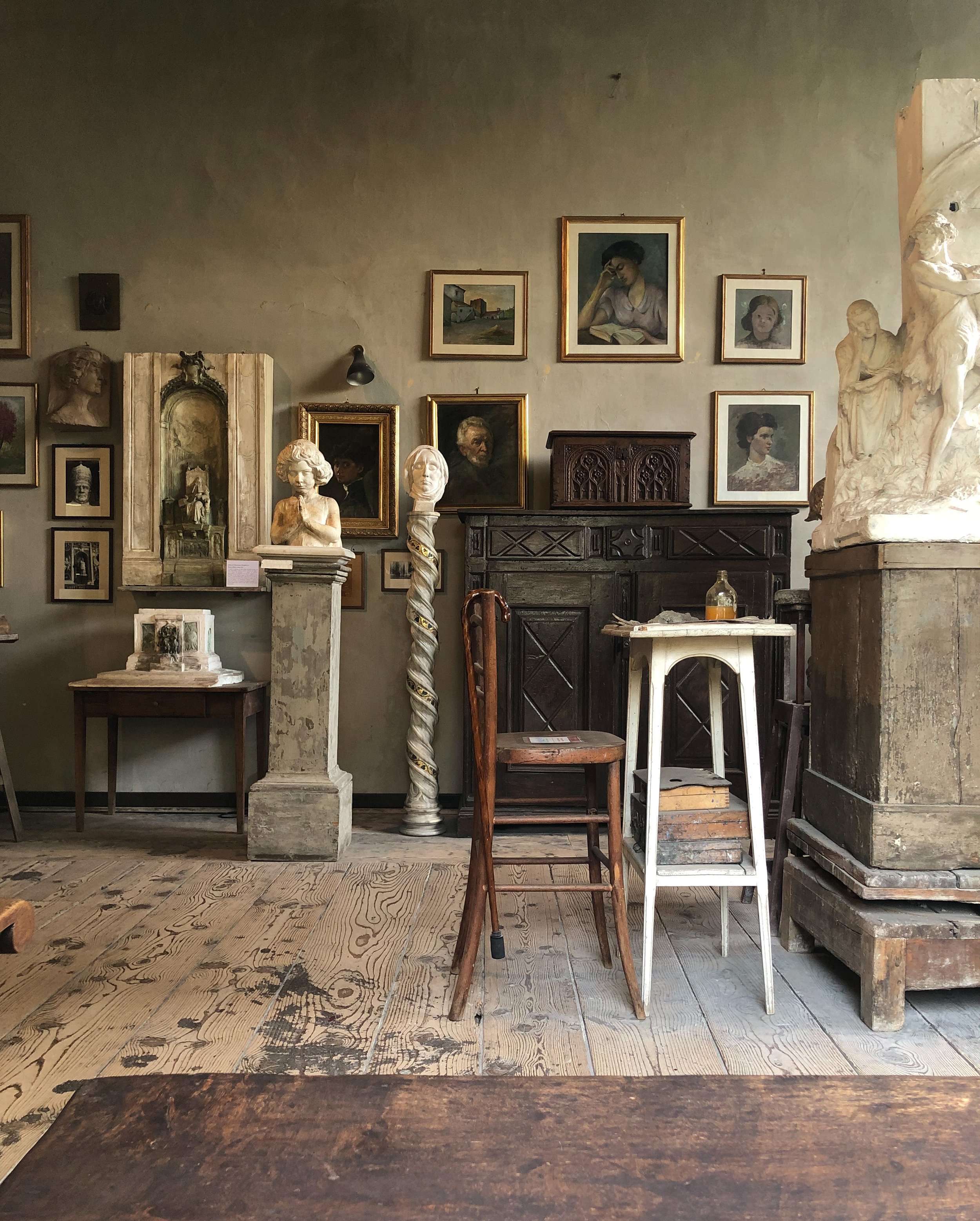Portals of Belonging

Portals of Belonging
Jon Tyson
I have lived in New York for fifteen years, and during this time my understanding of the city has drastically changed. During my first years in the city, Tim Keller said to me, “Many Christians move to the city because they think the city needs them, but they don’t know they actually need the city.” I have found this to be so true. The diversity of the city—socially, politically, culturally, socioeconomically, and racially—has confronted so many stereotypes and prejudices in my heart that I didn’t even know existed. Over the years, my posture has changed from seeking to reach the city and change it to loving the city to serve it. I have sought to model Jesus’s hospitality in order to create portals of belonging in a city that often stereotypes out of fear. With a posture of welcome, you never know when one of these portals will open and grace will break in.
*
One deficit New York has had is its lack of quality chicken fast-food restaurants. After I’d lived here for a decade, one of America’s best finally opened in New York. On one occasion, I was taking a taxi to our offices, which happen to be near one of these restaurants. I was preoccupied but eventually broke into a conversation with the driver, who began to share his story of immigration to America, the circumstances that forced him to leave his home, and the beauty of his former life. He was an incredibly well-educated man with advanced degrees, a member of the upper-middle class of his old community, but he was forced to flee because of political persecution. His credentials were not recognized in the States, and he was required to go back to graduate school to redo the degrees he already had. He was working as a taxi driver as the best employment he could find, driving busy, distracted people like me around while he carried another life and vast potential inside him.
It was a powerful conversation. He went from a statistic of immigration in my head to a portrait of humanity before my eyes. I felt the humanizing of a representative group take place in my heart. As I pulled up in front of the restaurant, I asked him whether he had ever had the food there. “No,” he replied, “but I always see long lines out the front. It must be good.”
“What are you doing for the next thirty minutes?” I asked him.
“Working,” he said.
“If you keep the meter running, would you like to try some of the famous chicken?” I asked.
“Are you serious?” he replied.
“Yeah, mate, wait here, and I’ll be back with some goodness.”
So on the side of Thirty-Eighth Street, in the middle of Manhattan, two men from opposite sides of the world ate chicken and talked about their families, histories, struggles, and triumphs, and their shared experience of moving to New York. For thirty minutes, in a taxi in New York, the other became a brother; a stranger, a friend.
*
As our time was up and I walked to our office, my heart was so full. Over chicken and lemonade, my view of immigrants was forever changed. I couldn’t help but think how different New York would be if these portals of welcome became normal. If they broke out in taxis and on trains and in office buildings and in parks and everywhere in between.
And of course, it’s not just New York that’s in need of hospitality. Alan Hirsch, a missiologist and fellow Aussie, and Lance Ford, a missional church leader, wrote, “If every Christian family in the world simply offered good conversational hospitality around a table once a week to neighbors, we would eat our way into the kingdom of God.” Encounter by encounter, hospitality would deconstruct fear and reconstruct a shared humanity.
“Above all, love each other deeply, because love covers over a multitude of sins,” wrote the apostle Peter to Christians struggling to deconstruct the barriers of class, race, gender, and religion. “Offer hospitality to one another without grumbling” (1 Peter 4:8–9). The Greek word for “grumbling” means “a secret displeasure not openly avowed.” It can also mean “muttering” or “a secret debate.” Augustine is rumored to have had a sign on his wall that read, “He who speaks evil of an absent man or woman is not welcome at this table.” The table of hospitality is a sacred space of belonging, not criticism and complaint. God is looking for a people who don’t just open their homes but open their hearts. The table of hospitality isn’t where we gather to criticize others or reluctantly show welcome; it’s a tangible encounter with the grace of God.
In the Divine Commodity, Skye Jethani noted, “the English word hospitality originates from the same Latin root as the word hospital. A hospital is literally a ‘home for strangers.’ Of course, it has come to mean a place of healing. There is a link between being welcomed and being healed.” He continued, “Our homes are to be hospitals—refuges of healing radiating the light of heaven. And our dinner tables are to be operating tables—the place where broken souls are made whole again. When we lower our defenses, when we remove our façades and our peepholes, and we begin to be truly present with one another—then the healing power of the gospel can begin its work.”
The practice of hospitality is normally understood as a privilege extended to others, but the biblical writers believed that hospitality offers a promise and gift to those who extend it. Hebrews 13:2 says, “Do not forget to show hospitality to strangers, for by so doing some people have shown hospitality to angels without knowing it.” In the Scriptures, angels are messengers sent to warn or bring good news. What is perceived as a threat may actually be a promise. By refusing hospitality, we may be shutting out the help and guidance of God himself.
What would have happened to Abraham if he had refused to show hospitality? What would have happened to Lot if he hadn’t welcomed the strangers? What would have happened to Mary if she had refused the angel? What would have happened on the road to Emmaus if the travelers hadn’t welcomed Christ? To use Krish Kandiah’s phrasing, their biggest fear turned out to be the greatest opportunity of their lives.
What will happen to us if we refuse the stranger? If we rely on cultural lenses rather than biblical ones, we may be shutting God out of our lives. Bible scholar Bob Ekblad wrote, “the Bible is locked up by theologies we absorb from our subcultures. Left unchallenged, these assumptions will cause us to consciously or unconsciously look for evidence in the Bible to support our ideas.” Matthew 25 tells us that God has disguised himself among the broken and the poor (verses 34–40). Hospitality is the lens that lets us see through the disguise to Christ himself. Rather than robbing us of our rights, hospitality may be opening a door of eternal reward.
Jon Tyson
Writer & Pastor of Church of the City New York
Excerpt from Jon Tyson and his book Beautiful Resistance from Multnomah Books
Photography by Arnaud Montagard




